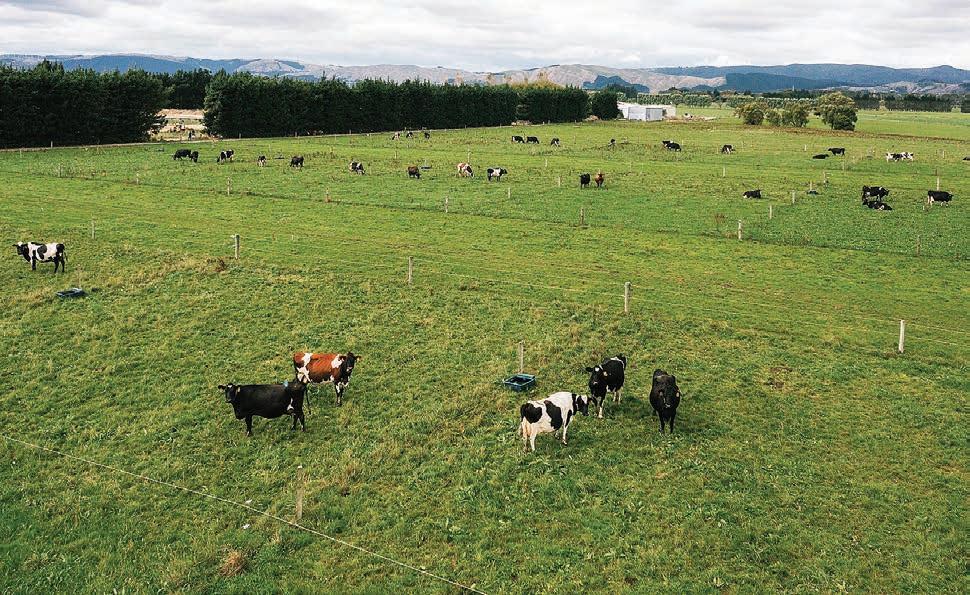
5 minute read
Meeting green targets with plantain
by AgriHQ
Kate Fransen
For around two decades DairyNZ has focused on developing farm systems that reduce environmental footprint, while maintaining profitable farm businesses. This is part of my passion, bringing farmers and scientists together to develop the information and tools required to run profitable businesses while improving environmental outcomes.
I am pleased to lead the Sustainable Food and Fibre Futures’ Plantain Practice and Potency Programme, which is helping farmers achieve exactly that goal. The programme is a collaborative research initiative that aims to substantially reduce nitrogen lost to freshwater and greenhouse gases by using Ecotain plantain.
Lincoln University trial is showing similar trends after one year. The range in results is due to the amount of plantain in the pastures, and differences in annual rainfall.
Ecotain plantain is used in our research trials because it has proven environmental benefits. Through the programme, we are developing an evaluation system to assess the environmental effectiveness of other plantain cultivars.
Ecotain plantain reduces nitrate leaching by diluting urinary nitrogen and reducing the amount of nitrogen excreted as urine. The plant also changes the urine so that when it is returned to soil it is held in a less leachable form for longer.
with DairyNZ
farmers nationwide to develop regionally specific management practices and assess the cost and benefits for businesses.
Tools and information for farmers interested in plantain are available at dairynz.co.nz/plantain.
DairyNZ Farmers’ Forum will be showcasing the findings of the plantain programme at the upcoming DairyNZ Farmers’ Forum events, and farmers can hear about other DairyNZ research and solutions available.
The programme is funded by DairyNZ, the Ministry for Primary Industries, PGG Wrightson Seeds and Fonterra, working with six additional research and delivery partners. It builds on existing research and extension projects.
We’ve achieved some exciting results so far. Ecotain plantain pastures at our Massey University farm reduced nitrate leaching by 20 to 60% over two years, with no impact on milk production. Our
We know that farmers have tough nitrogen leaching targets to meet. Canterbury, Horizons and Bay of Plenty regional councils are currently recognising plantain as a mitigation option.
Plantain is fairly easy to integrate into farm systems, although there are some challenges, such as maintaining the levels of plantain needed to achieve significant nitrogen leaching reductions. We are working with more than 20
There are two in-person events in Waikato and Canterbury, which are free for levy-paying dairy farmers and their staff.
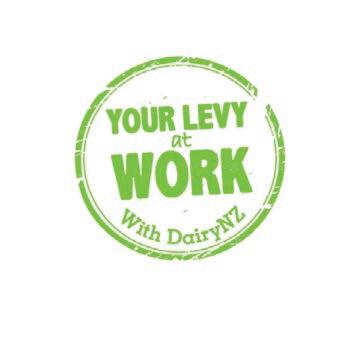
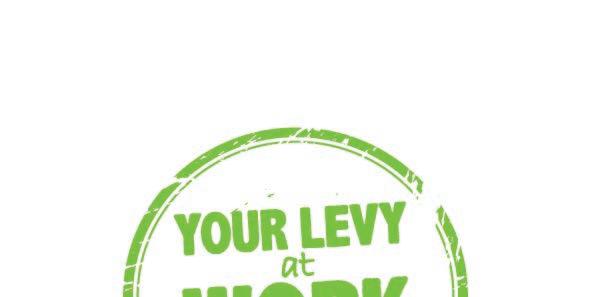
• Waikato
Don Rowlands Centre, Karāpiro
Thursday April 27
• Canterbury
Ashburton Events Centre, Ashburton
Tuesday May 9 n
MORE:
For more information visit dairynz.co.nz/ farmers-forum-2023
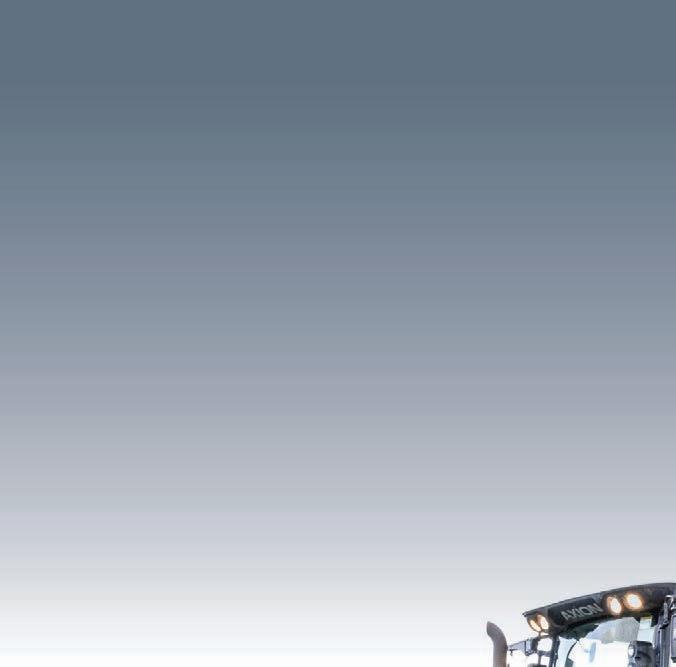

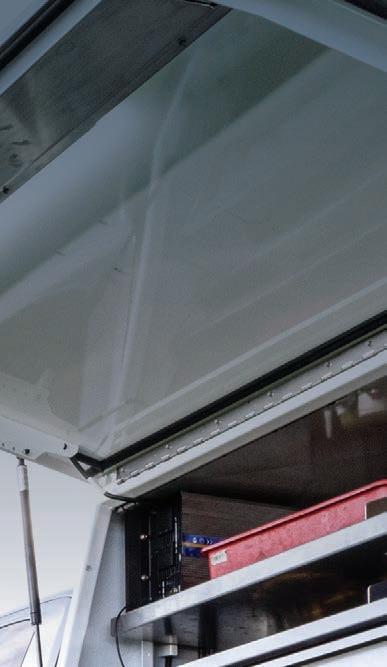

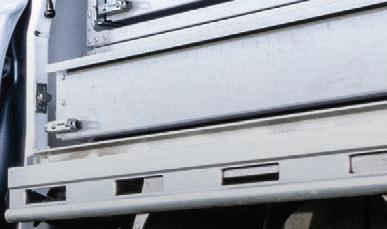
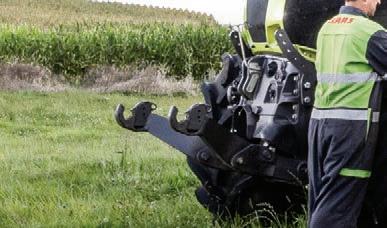
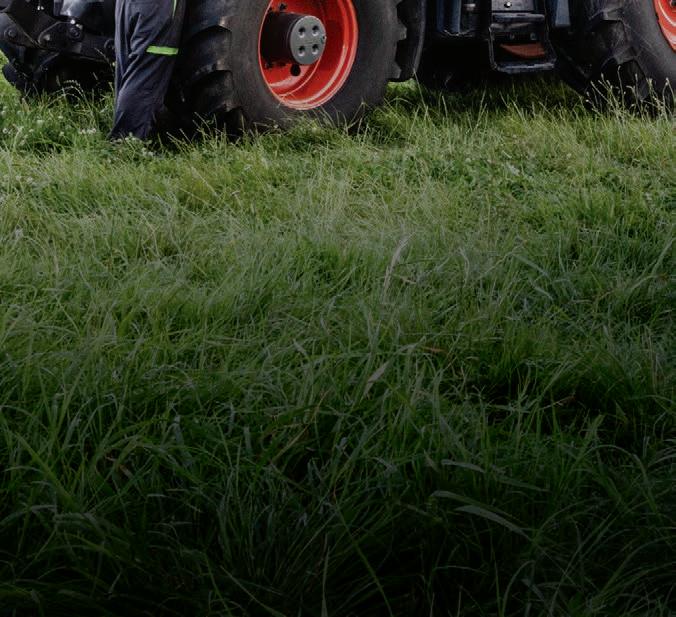



By Samantha Tennent
A Southland farmer found the lure of the land and dairy farming stronger than any urge to sit behind a desk.
Getting more than he bargained for on his OE, a Southland farmer returned from a short stint in the United Kingdom with a lovely French lady and a newfound passion for farming.
Footy and farming had lured Hayden Diack overseas, where he played rugby in Edinburgh for six months then managed a beef farm in the south of England. He had intended to chase a dream job in meat marketing when he got back to New Zealand, but he found farming was too hard to give up.
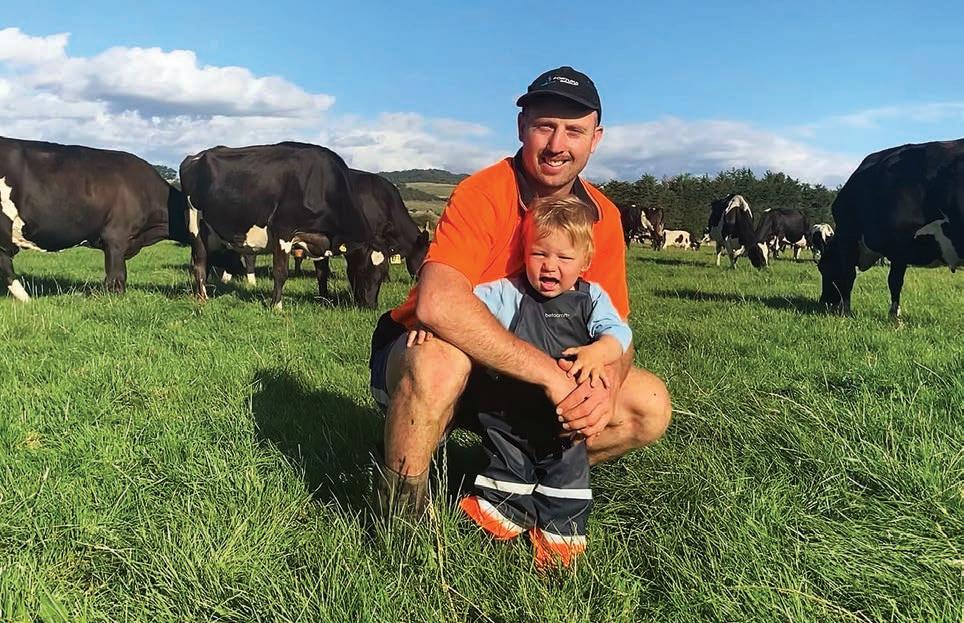
“I was working on Dad’s sheep farm after I got back and realised how much I love being outside on the farm,” Diack says.
So he gave up the idea of the office job and landed himself a role managing a sheep and beef block. But when he started looking for growth opportunities he struggled to find anything viable.
“We were looking for equity growth opportunities but Dad’s farm was too small and it’s very difficult to get started in dry stock farming with nothing behind you,” he says.
“Our banker suggested dairy farming as it was a quick way to grow equity.”
Fast-forward three years and he and his now-wife, Alienor, are lower-order sharemilking 850 cows in Mokoreta, too
Southland. And Diack says he is earning two and half times what he would have as a sheep farm manager.
“It’s been a whirlwind but I think it’s outstanding what we’ve been able to do in the dairy industry, there are just so many more opportunities.”
When he started exploring dairying he found an opening on a nearby farm in Wyndham with Robin and Lois Greer while their manager was heading away for a season. He started some relief milking locally to get a bit of experience before he took the leap. Before that, he had rarely set foot on a dairy farm.
“I wanted to get some experience under my belt before I stepped straight into a manager’s role,” Diack says.
“And it was a big change starting dairying, but I really enjoyed those first 12 months. I love the technical aspect of dairy farming.”
They were milking 420 cows on a once-a-day system, which was nice and relaxed to give Diack a chance to find his feet. The following season he moved to a larger-scale farm near Woodlands as a manager for Blair and Brooke McKenzie, milking 1100 cows. He had a team to manage for the first time too.
“It was a great experience, I learnt a lot from the McKenzies, especially about managing people and larger scale farming.
“I quickly realised how passionate I am about working with people and being part of a team.”
He spent two seasons absorbing as much knowledge and experience as he could before shifting to the lower-order position.
On the current farm, they usually have a team of four but they have had difficulty recruiting recently so have had to juggle with three and utilise a range of casuals to plug the gaps.
They run a roster that works similar to five on and two off, where everyone has a three-day weekend every second weekend and a day off between weekends.
“I was given advice early that dairying jobs need to be attractive to compete with town jobs, where people have weekends off and we’ve found everyone loves having regular three-day weekends.
“It actually makes it hard to take annual leave because you’ve got so many opportunities to go away and you do feel recharged, it works well for the team.”
They are spring-calving crossbred cows on rolling hill country, milking twice a day until switching to 10 milkings in seven days in February. They operate a System
2 with grain being fed through in-shed feeding throughout the season, but the big focus is pasture with silage added as needed.
Outside of the farm, Diack is still heavily involved in footy, playing in the division one competition for Wyndham.
“It’s a tough competition, we train like professionals and it takes up a lot of time, but I love it.”
He and Alienor have a one-year-old son, Ezekiel, who they try to take to the beach whenever they can.
They have a property in Invercargill and, looking ahead, they will continue to build equity and pay down debt. They aspire to own a farm one day but that does not have to be outright ownership – they would happily look at some sort of equity arrangement.
Diack feels they have both gotten a lot out of entering the New Zealand Dairy Industry Awards, making the regional finals in 2020 and placing third last year. It was meeting like-minded people and receiving feedback from the judges that made the most impact.
He is pretty proud of what he has achieved in only three years in the industry, knowing it is light years ahead of where he would have gotten in sheep and beef.
“I love the industry, I love how everyone is so keen to share knowledge and how you can see results pretty quickly.”
He encourages others to surround themselves with people who support personal growth and provide the best opportunities.
“There can be some pretty tough people to work for out there, but if you find a good system with good life balance there are some amazing opportunities.
“And there are plenty of people out there who are keen to see others succeed.”









